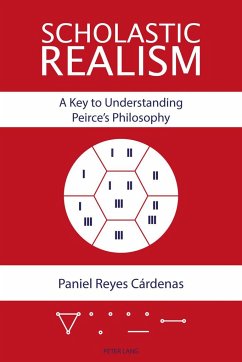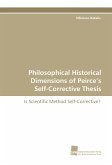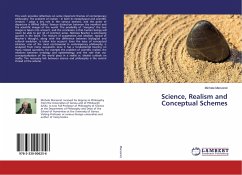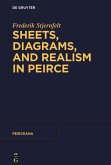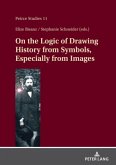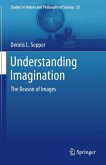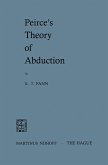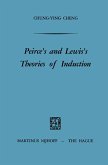The aim of this work is to respond to the following question: how did Charles S. Peirce find unity for his pragmatist philosophy through the formulation of Scholastic Realism? The author proposes the said doctrine to be a reading guide, leading us through the different stages of Peirce's work as a philosopher. By understanding his realist doctrine, we can see why he believed it was a viable theory for understanding the problem of Universals. This book demonstrates why, in Peirce's mind, such a problem has pervaded the history of philosophy. The author's line of argument reveals that Scholastic Realism is crucial to the understanding of his philosophy, which is a new approach in Peirce scholarship. It provides a useful framework for asking questions about reality in the same way that Peirce himself did. As a result, the author shows that Peirce's realism addresses different yet related philosophical problems, leading Peirce to brand the final version of his philosophy as «Scientific Metaphysics». The conclusion offers an interpretation of the Scholastic Realism principle as a solution to Peirce's concerns - a useful idea to achieve a better theory of reality in his struggle to realize metaphysics a posteriori. Peirce's doctrine is presented alongside some of its uses, especially in the fields of abstraction theory, and also in the fundamental principles of mathematics. This work should advance our comprehension of the problems related to Peirce's philosophy as well as shedding light on pragmatism and its origins as well as the battle between realism and nominalism.
Bitte wählen Sie Ihr Anliegen aus.
Rechnungen
Retourenschein anfordern
Bestellstatus
Storno

